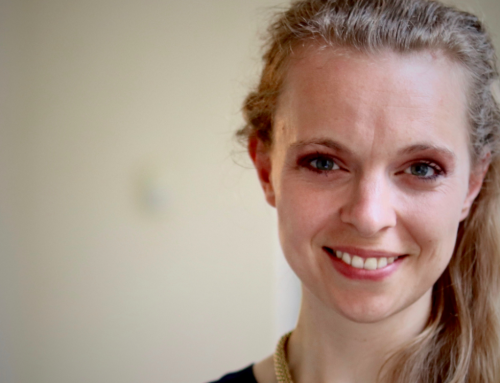Great insights from science on impact measurement in social enterprises, published by the Stanford Centre for Social Innovation.
Embracing complexity is essential in social enterprise evaluation. In this audio lecture, Brenda Zimmerman, Associate Professor of Policy at York University’s Schulich School of Business, suggests approaches for addressing complexity in evaluation systems. In the closing keynote at the 2013 Next Generation Evaluation Conference, Zimmerman explores ways to embrace complexity in social sector evaluation practice. She describes how social innovation can be fostered by applying cognitive diversity to solve structural and causative complexity problems. To remain relevant, evaluation systems must reflect the complex systems they evaluate. Zimmerman discusses sophisticated nuanced comparisons, and the role of coherence versus consistency in social enterprise evaluation. She illustrates how being strategic in complex systems is significant to social enterprise.
Listen to the podcast here.
 Brenda Zimmerman is an Associate Professor of Policy at York University’s Schulich School of Business Toronto, and the founder and Director of the Health Industry Management Program for MBA students. Zimmerman’s primary research applies complexity science to management, leadership, and social innovation, especially as it relates to health care and not-for-profit organizations. Her work looks at the function of distributed control in organizations and systems, and how to enhance generative potential to increase innovation – especially in traditionally hierarchical systems. Zimmerman also co-authored Getting to Maybe: How the World is Changed with Frances Westley and Michael Quinn Patten.
Brenda Zimmerman is an Associate Professor of Policy at York University’s Schulich School of Business Toronto, and the founder and Director of the Health Industry Management Program for MBA students. Zimmerman’s primary research applies complexity science to management, leadership, and social innovation, especially as it relates to health care and not-for-profit organizations. Her work looks at the function of distributed control in organizations and systems, and how to enhance generative potential to increase innovation – especially in traditionally hierarchical systems. Zimmerman also co-authored Getting to Maybe: How the World is Changed with Frances Westley and Michael Quinn Patten.







